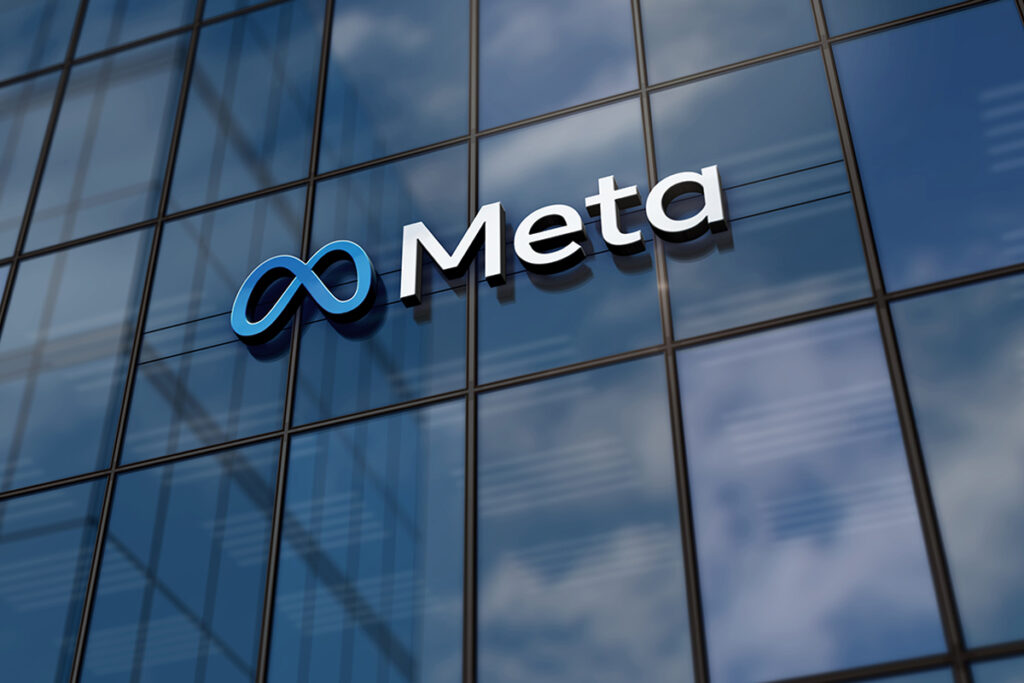In a recent incident shedding light on the overwhelming influence of Big Tech, Meta, the trillion-dollar company behind Facebook, Instagram, Threads, and WhatsApp, found itself embroiled in a censorship controversy that reverberated across social media platforms.
Last week, Meta issued an apology after blocking links from a nonprofit newspaper and an independent journalist critical of Facebook’s policies, sparking widespread outrage and concern. The blocked content, which included a report accusing Facebook of suppressing posts related to climate change, suddenly vanished from the platform without explanation.
The Kansas Reflector, the nonprofit newspaper at the center of the controversy, saw approximately 6,000 of its stories disappear from Facebook, leaving its staff bewildered and its credibility questioned. Meta attributed the block to an unspecified “security issue,” leaving content creators and users in the dark about the exact nature of the problem.
Furthermore, Meta’s response extended beyond Facebook, as links and content from other platforms were also removed, indicating the company’s far-reaching control over online discourse. The incident underscored broader concerns about the concentration of power in social media and its implications for free speech and democracy.
Despite Meta’s acknowledgment of its mistake, questions lingered about the company’s unchecked dominance in the market. With nearly 4 billion monthly active users across its platforms, Meta’s influence on online communication is unparalleled, raising calls for regulation or even the breakup of the company to mitigate its monopolistic tendencies.
Critics argue that Meta’s control over the social media ecosystem not only stifles competition but also perpetuates issues like misinformation and negative impacts on mental health. The incident with the Kansas Reflector served as a stark reminder of the potential real-world consequences when a single entity holds such immense power over what information reaches the public.
While Meta’s actions in this instance were eventually rectified, the lack of transparency surrounding the incident highlighted the company’s opaque decision-making processes. Content creators and users alike were left grappling with uncertainty and distrust in the wake of Meta’s censorship debacle.
As debates over Big Tech’s influence continue to intensify, the need for greater accountability and oversight in the digital sphere becomes increasingly apparent. The incident involving Meta and the Kansas Reflector serves as a cautionary tale about the dangers of unchecked corporate power and the urgent need for measures to safeguard free expression and democratic principles in the digital age.


